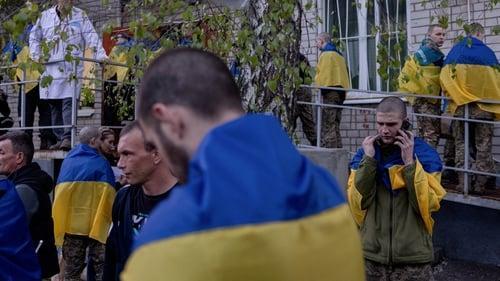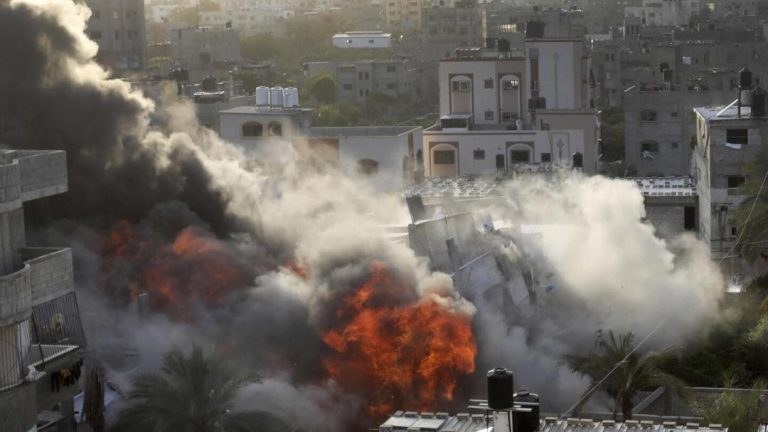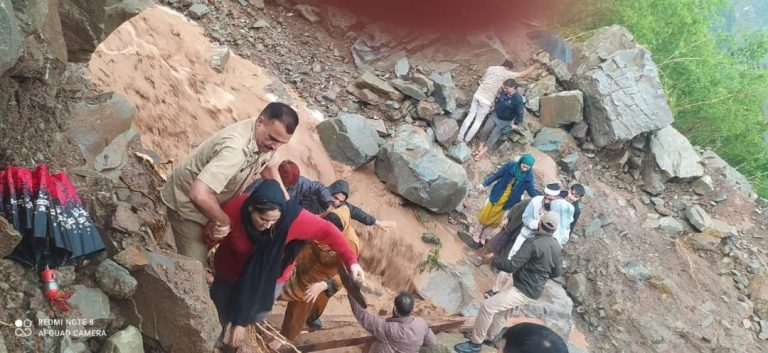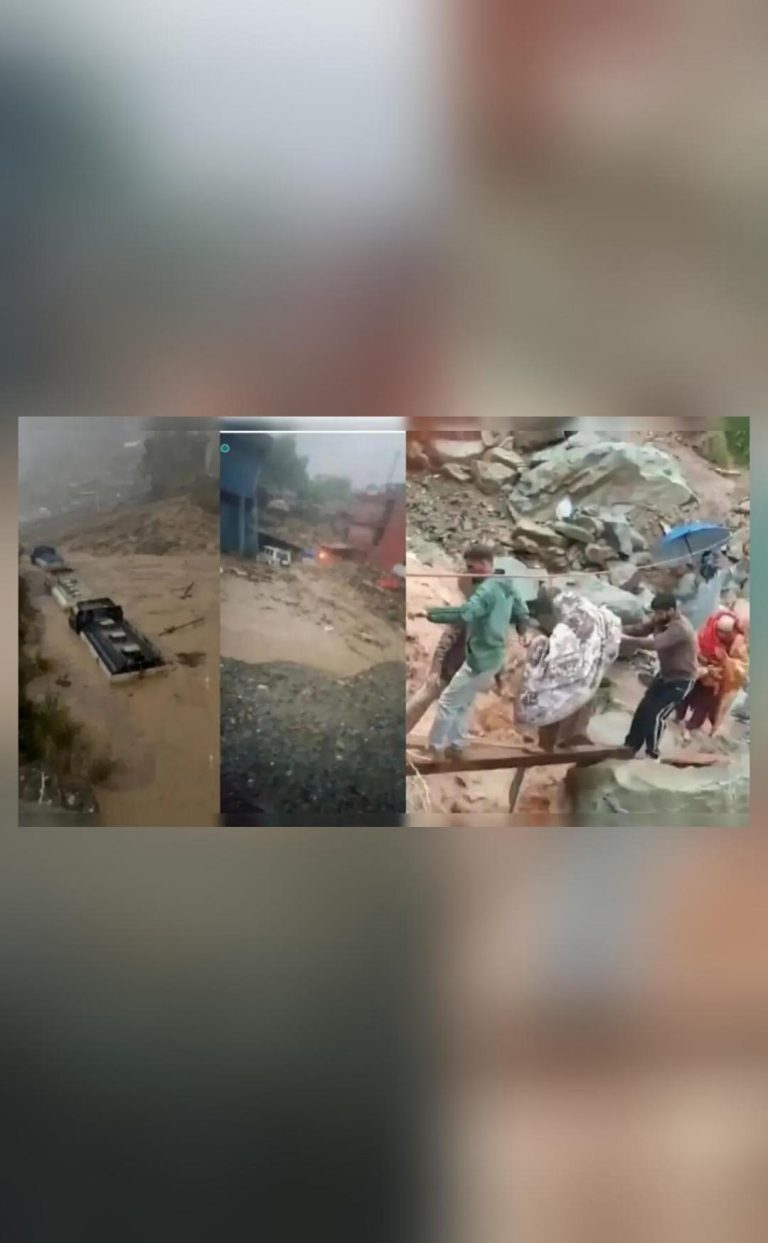
Zelensky Fights in Russian Border Zones Despite Easter Truce
In a move that has raised doubts about the sincerity and scope of the recent Easter ceasefire, Ukrainian President Volodymyr Zelenskyy has announced that combat operations continue in Russia’s Kursk and Belgorod regions, despite President Vladimir Putin’s announcement of a 30-hour truce.
The Easter ceasefire, which was announced by Putin on Saturday evening, was intended to allow for humanitarian operations and the evacuation of civilians from the conflict zone. However, Zelenskyy’s remarks have cast a shadow over the truce, suggesting that the fighting may not be as limited as previously thought.
According to Zelenskyy, Ukrainian forces are still engaged in combat with Russian troops in the border regions, despite the truce. His comments come as a surprise to many, given the expectation that the ceasefire would bring a temporary halt to the fighting.
The Easter ceasefire was seen as a rare moment of optimism in the ongoing conflict between Ukraine and Russia. The truce was hailed as a sign of hope for the thousands of civilians trapped in the conflict zone, who may have been able to access essential supplies and services during the brief period of peace.
However, Zelenskyy’s comments have thrown into doubt the sincerity of the ceasefire, and raised questions about the true intentions of the Russian government. The Ukrainian president’s remarks have also sparked concerns about the safety of civilians in the conflict zone, who may still be at risk of being caught in the crossfire.
The fighting between Ukrainian and Russian forces has been ongoing for months, with both sides trading accusations of aggression and human rights abuses. The conflict has resulted in thousands of casualties and the displacement of millions of people, with both sides suffering significant losses.
Despite the ongoing fighting, Zelenskyy has repeatedly emphasized the importance of maintaining a strong military presence along the border. He has argued that this is necessary to protect Ukraine’s sovereignty and territorial integrity, and to deter further aggression from Russia.
In his remarks, Zelenskyy emphasized the need for the international community to remain vigilant and to support Ukraine’s efforts to defend its borders. He also called on Russia to respect the sovereignty of Ukraine and to engage in meaningful negotiations to resolve the conflict peacefully.
The international community has responded to Zelenskyy’s comments with a mix of concern and skepticism. The United States has expressed its support for Ukraine and has called on Russia to respect the Easter ceasefire. The European Union has also condemned the ongoing fighting and has urged both sides to engage in negotiations to resolve the conflict peacefully.
In conclusion, Zelensky’s remarks have raised significant doubts about the sincerity and scope of the Easter ceasefire. The ongoing fighting in Russia’s Kursk and Belgorod regions has cast a shadow over the truce, and has raised concerns about the safety of civilians in the conflict zone. As the international community continues to monitor the situation, it is clear that the road to peace and stability in Ukraine is still a long and challenging one.



